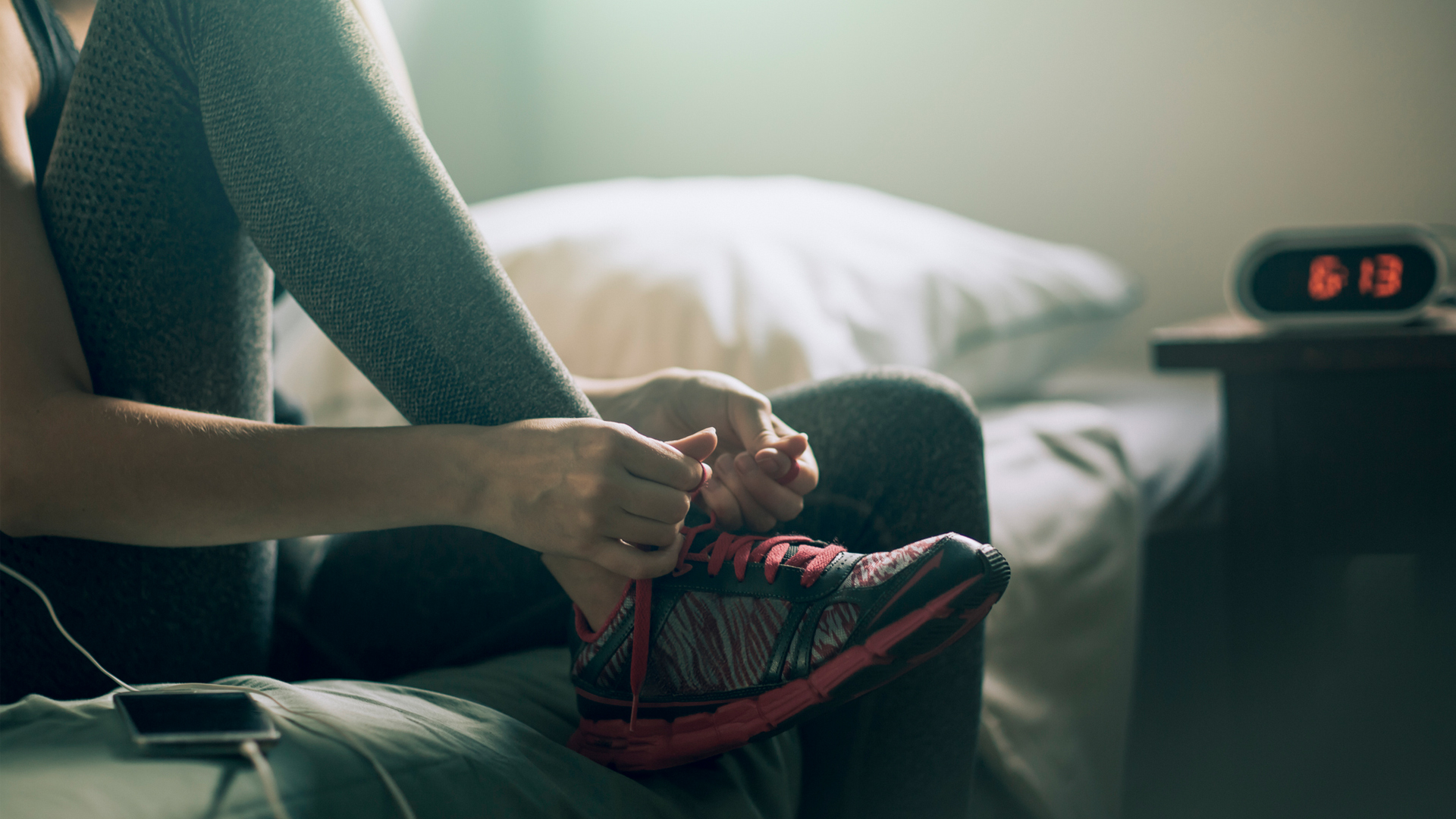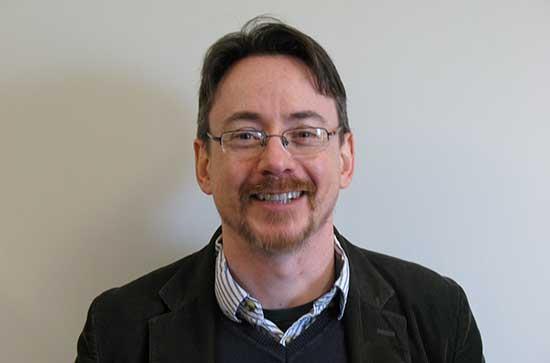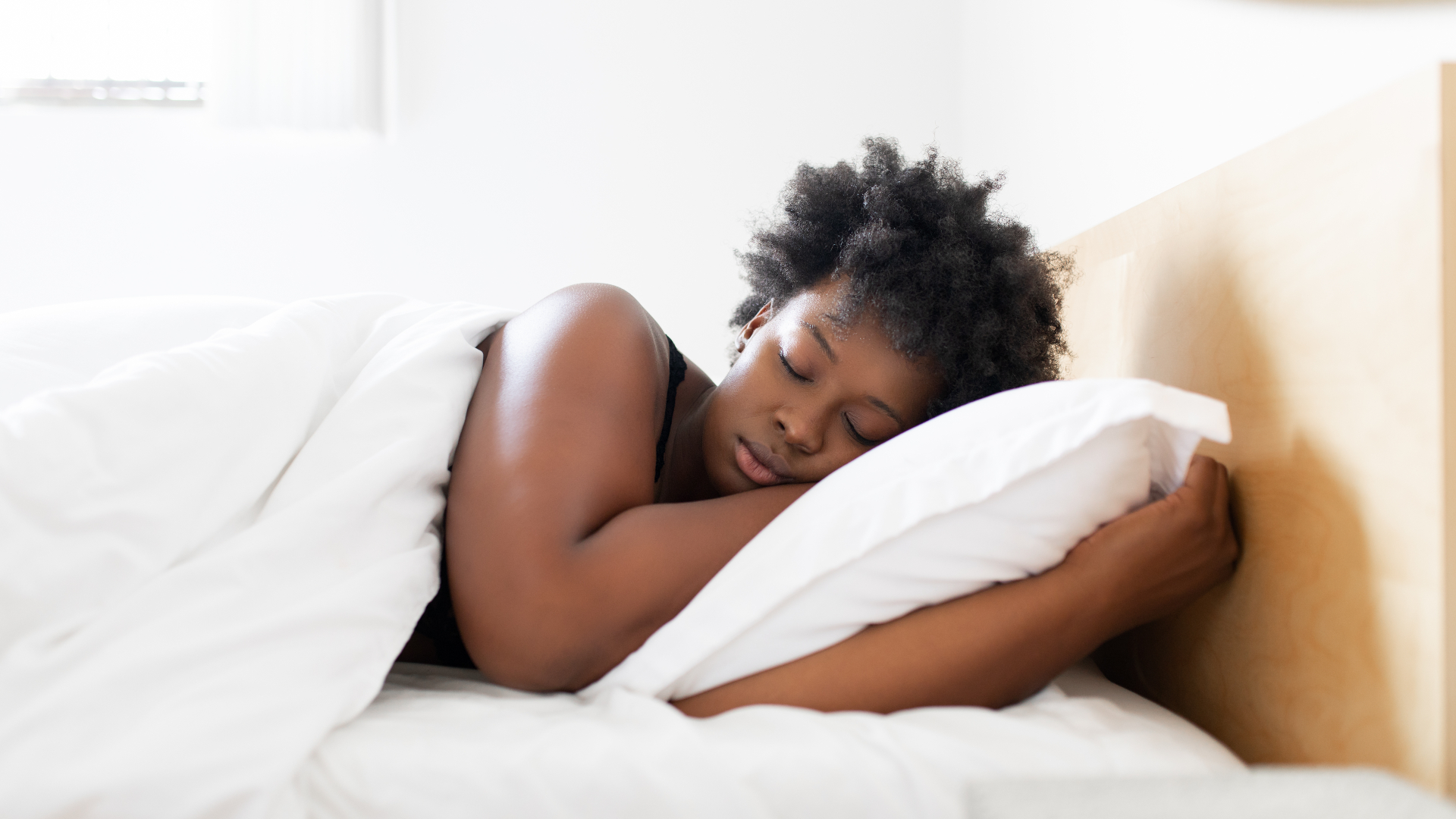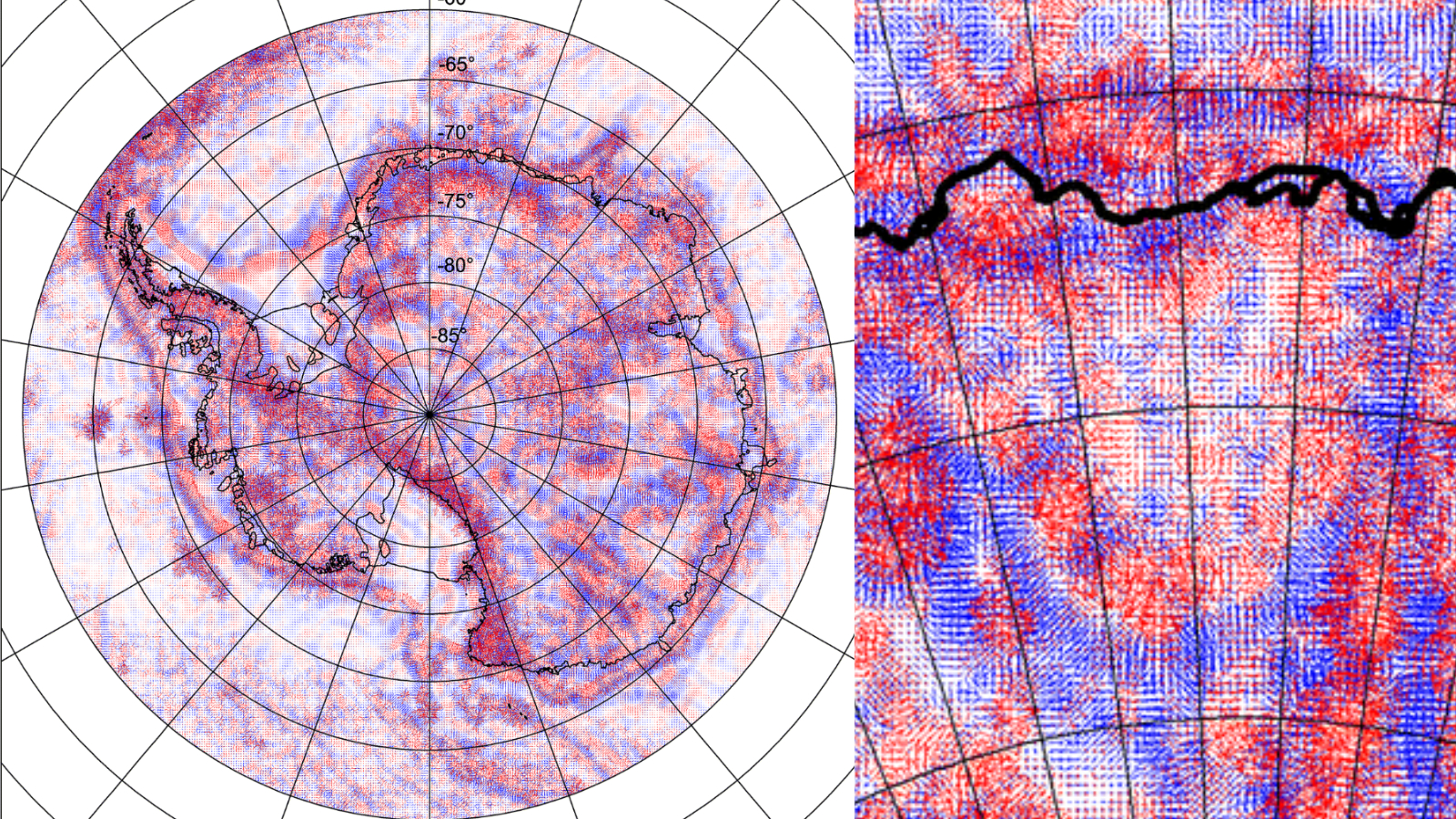Does short sleeper syndrome really exist?
Some people, from Barack Obama to Elon Musk, claim to sleep for very few hours each night.

For humans, a nightly doze plays an important role in health: It enables people to think clearly, function effectively and provides an opportunity for the brain to wash itself.
Most adults require between seven and nine hours of sleep per night, according to the National Sleep Foundation, yet some people have as little as five or six. Former U.S. president Barack Obama, for example, admitted to sleeping for as few as five hours per night during his presidency, while Margaret Thatcher, the former prime minister of the United Kingdom, claimed she only needed to get her head down for four hours each night.
It's been suggested that such individuals could have "short sleeper syndrome" — a condition in which people can achieve the same level of rest as a conventional sleeper but in a shorter period of time.
But does short sleeper syndrome really exist? Is it possible for a person to have less than the recommended amount of sleep without impacting health and wellbeing?
What is short sleeper syndrome?
Andrew Coogan, a behavioral neuroscientist at Maynooth University in Ireland who specializes in sleep, told Live Science that short sleeper syndrome is a real condition.
"Short sleeper syndrome is experienced by people who normally have short sleep duration during the night but don't suffer any adverse effects of excessive sleepiness, cognitive impairment or lower mood during the day," he said. "That short amount of sleep [six hours or fewer, according to the Sleep Foundation] is sufficient for their own personal physiology." In other words, short sleepers feel bright and awake even with less sleep than is recommended.

Andrew Coogan is a behavioural neuroscientist who specialises in the field of circadian rhythms, chronobiology and sleep. He is the director of the Chronobiology and Sleep Research Laboratory at Maynooth University in Ireland.
Scientists believe that genetic factors determine who is and isn’t a short sleeper — so it is not something people can train themselves to do.
"True short sleeper syndrome is probably a genetically determined trait," Coogan said. "There have been studies identifying genes implicated in families in which short sleeper syndrome runs."
A 2014 study published in the journal Sleep found that a variant of a gene called BHLHE41 is associated with short sleep and resistance to sleep deprivation. The researchers concluded that particular BHLHE41 mutations can "reduce total sleep while maintaining NREM sleep and provide resistance to the effects of sleep loss." NREM refers to non-rapid eye movement, encompassing three stages of sleep that are important for physical recovery and memory consolidation.
A 2019 study published in the journal Neuron also found that a "mutation in [the] ADRB1 [gene] leads to natural short sleep trait in humans". The researchers noted that "in the human population, this is a rare mutation, with an incidence of 4.028/100,000".
Short sleeper or lacking sleep?
The chances of someone having short sleeper syndrome are slim. According to Moira Junge, a registered health psychologist and CEO of the Sleep Health Foundation, a nonprofit health promotion charity in Australia, there are very few people who truly are short sleepers.
"It's far less than 1% of the population," Junge told Live Science. "Research has only identified around 50 families that have certain gene variations that protect naturally short sleepers from the typical effects of insufficient sleep."
Given that true short sleeper syndrome is rare, are people who get less than their recommended hours of sleep every night putting themselves at risk? And how can someone discern whether or not they have the condition?
"There is no specific test, but a good rule of thumb is that, if on the weekend someone's sleep duration does not get longer, despite having the opportunity to sleep in, then they may be a true short sleeper," Coogan said.

However, given that true short sleepers are few and far between, Coogan believes that people who believe they have it are often likely mistaken.
"My personal hunch is that the vast majority of people claiming to only need six hours or less of sleep routinely to feel restored — while also remaining fit and well — are not truly short sleepers," Coogan said. "I hypothesize that they have just become accustomed to a life that doesn't feature much sleep. There might be cracks in their theory and they might be shooting themselves in the foot over the longer term. These people might be able to do it for certain times of their life, but not across their entire lifespan like a true naturally short sleeper will do."
Coogan also said that while guidelines of seven to nine hours of sleep are scientifically supported, the amount of sleep someone requires can change during their lifetime.
"There will be people in the general population who are fine with less sleep than the recommended minimum amount, and those that need more than the upper values of the recommended range," he said. "It really is a very individual trait."
Children and adolescents, for example, need more sleep than working-age adults, Coogan said. He added that it is the quality of sleep that really matters.
"Again, it appears that true short sleepers experience high quality sleep, allowing them to be fully refreshed by their shorter sleep durations," he said.
Is it an advantage?
A number of celebrities and people in prominent roles have been associated with the condition. So is short sleeper syndrome beneficial or key to success? Coogan is not convinced that people who have short sleeper syndrome are necessarily more likely to succeed, nor that the celebrities renowned for their short sleep durations actually have the condition.
Short sleepers may be at an advantage because they have more hours of their day to work in, Coogan said, but for some famous personalities, it may be that the short sleeper story is part of their public mythology.
"Margaret Thatcher was reported to be a short sleeper, but that fitted in with a certain 'lunch is for wimps' image that was cultivated as it chimed with her political persona," Coogan said.
Sign up for the Live Science daily newsletter now
Get the world’s most fascinating discoveries delivered straight to your inbox.

Joe Phelan is a journalist based in London. His work has appeared in VICE, National Geographic, World Soccer and The Blizzard, and has been a guest on Times Radio. He is drawn to the weird, wonderful and under examined, as well as anything related to life in the Arctic Circle. He holds a bachelor's degree in journalism from the University of Chester.










